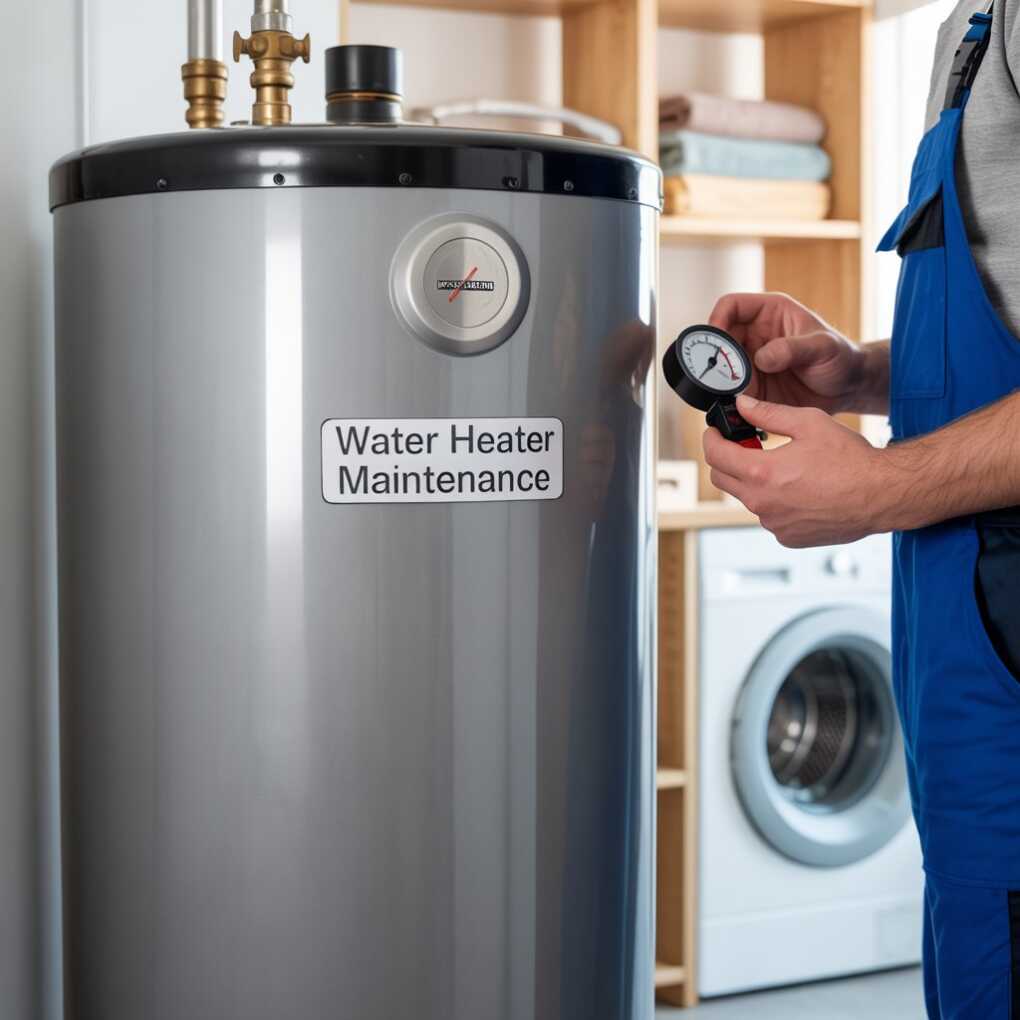Maintaining a consistent supply of hot water is essential for everyday comfort and hygiene, making the water heater a vital appliance in any home or business. However, many people tend to overlook the need for routine care of their water heaters, which can lead to reduced efficiency, higher energy costs, and unexpected breakdowns. We will explore why regular maintenance of your water heater is not just a good idea but a necessary step to ensure long-lasting performance, safety, and cost-effectiveness. Understanding these factors will help you protect your investment and avoid the inconvenience that comes with sudden malfunctions or water damage.

Why Regular Water Heater Maintenance Matters
Extending the Lifespan of Your Water Heater
Water heaters are a significant investment, and their expected lifespan generally ranges between 8 to 12 years depending on the model and usage. Without regular maintenance, sediment and mineral deposits can build up inside the tank, leading to corrosion and premature wear. Wiseway Plumbing recommends flushing the tank periodically to remove this buildup and prevent damage to the internal components. Regular inspections also help detect minor issues before they escalate, ensuring your water heater remains reliable for as long as possible. By dedicating time to routine care, you can avoid the costly necessity of replacing your unit earlier than expected, maximizing the return on your original purchase.
Improving Energy Efficiency and Reducing Costs
A water heater that operates without maintenance tends to work harder to heat water, consuming more energy in the process. Sediment accumulation at the bottom of the tank acts as an insulator, forcing the heating element or burner to use extra power to reach the desired temperature. This inefficiency translates into higher utility bills. Routine maintenance, such as flushing the tank and checking the thermostat settings, helps the system run smoothly and at peak efficiency. Over time, these small improvements can lead to significant savings on your monthly energy costs, making maintenance a financially wise habit.
Preventing Water Quality Issues
Water heaters that are not regularly maintained can contribute to poor water quality. Corrosion inside the tank may release rust particles into your hot water supply, causing discoloration and unpleasant odors. Additionally, stagnant water trapped in sediment can become a breeding ground for bacteria, which may pose health concerns. Regular maintenance includes inspecting the anode rod, which helps prevent tank corrosion, and flushing out sediments, both of which contribute to cleaner, safer water. Keeping your water heater in good condition ensures that the water you use for bathing, cooking, and cleaning remains fresh and uncontaminated.
Enhancing Safety at Home
Water heaters operate under pressure and heat, meaning that without proper care, they could become a safety hazard. Problems such as a faulty pressure relief valve or overheating could lead to leaks or, in rare cases, tank ruptures. Regular inspections allow these components to be tested and replaced if necessary, preventing dangerous situations. Additionally, ensuring that electrical connections or gas lines are secure reduces the risk of fire or carbon monoxide leaks. Prioritizing maintenance is a crucial step in safeguarding your household and maintaining peace of mind about your water heating system.
Reducing the Need for Emergency Repairs
Unexpected breakdowns can be both inconvenient and costly, often requiring urgent repairs at a premium price. Regular maintenance helps identify potential problems early, such as worn-out heating elements, leaks, or thermostat malfunctions. Addressing these issues proactively reduces the likelihood of sudden failures, saving you from the stress of being without hot water and from paying inflated emergency service fees. Establishing a maintenance routine allows you to schedule service visits at convenient times and budget for repairs, contributing to better overall management of your home’s water heating system.
Maintaining Warranty Compliance
Many water heater manufacturers require proof of regular maintenance to keep warranties valid. Failure to adhere to recommended care schedules can void warranty coverage, leaving you responsible for repair or replacement costs that might otherwise be covered. Routine maintenance records serve as evidence of proper care, providing peace of mind and financial protection. Being attentive to these requirements ensures that you can take full advantage of any warranty benefits, helping to lower your total cost of ownership over the life of the appliance.
Conclusion
Regular water heater maintenance plays a critical role in ensuring the efficiency, longevity, and safety of this essential home appliance. By committing to routine care such as flushing the tank, inspecting vital components, and monitoring performance, you can avoid unexpected failures and costly repairs while enjoying consistent hot water. This proactive approach not only safeguards your investment but also supports energy conservation and enhances water quality. Prioritizing maintenance allows you to experience uninterrupted comfort and peace of mind throughout the year.
